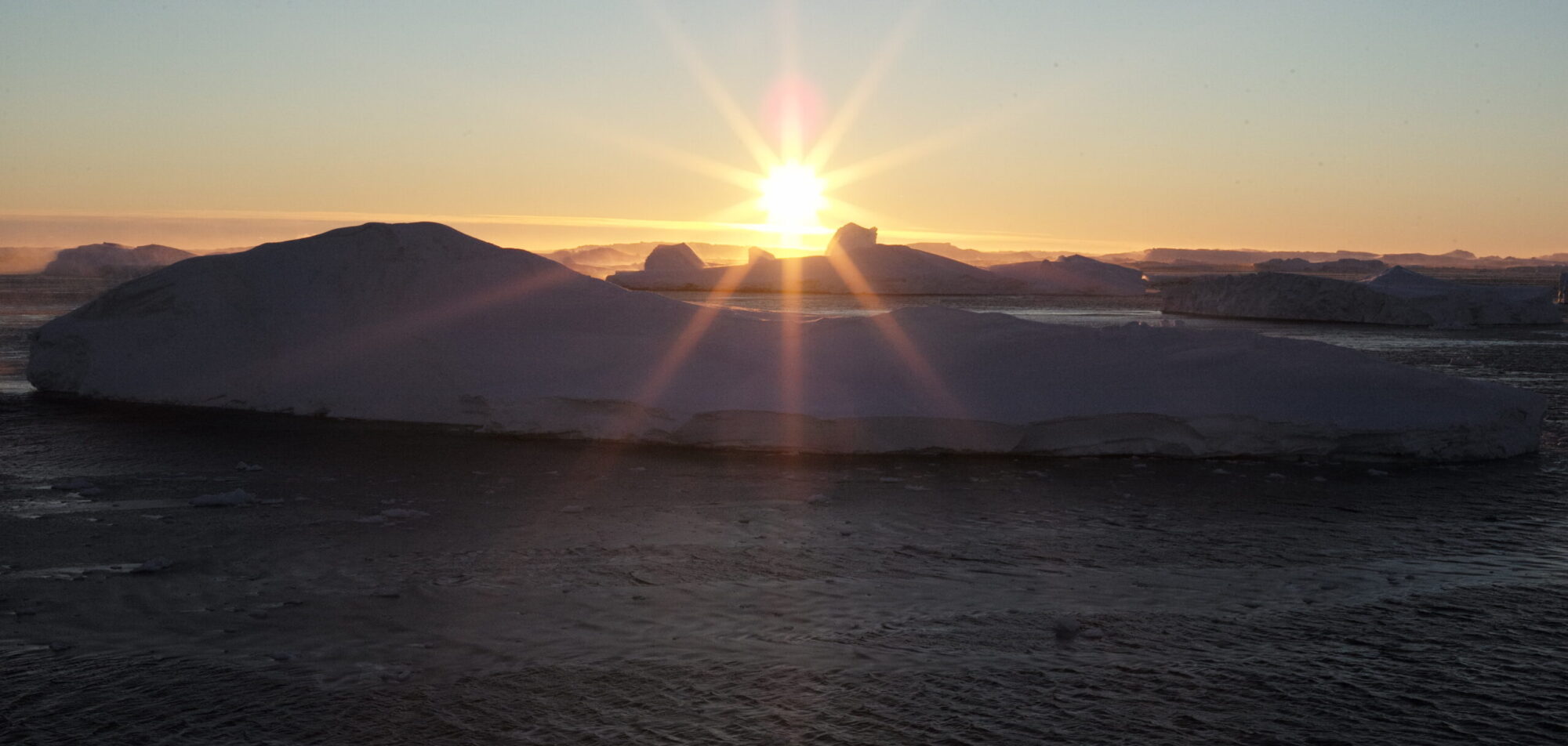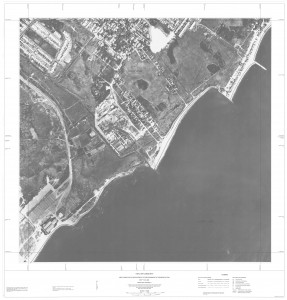A couple Sunday’s ago my Op-Ed “For Those Living by the Water’s Edge It May Be Time to Move” appeared in the Washington Post. You can check it out here.
Rising Waters: writings in Guernica and Creative Nonfiction
Hi All,
It has been a busy summer here at Rush-basecamp. I am putting the spit shine on my manuscript, Rising: The Unsettling of the American Shore, due out next summer with Milkweed Editions. Also a number of my pieces have appeared in various media. Check out my journey into the heart of a rotting tidal wetland in “The Marsh at the End of the World” published in Guernica Magazine, and also my piece on the disorientation that comes with sea level rise “Something Like Vertigo” published in the summer edition of Creative Nonfiction. And in the meantime, try to keep you head above water in the flurry of storms that are descending upon our imperiled coasts.
Book Deal!
Hi All,
I could not be more pleased to announce that I just signed a book deal with Milkweed Editions for the publication of my latest essay collection, Rising: Essays from America’s Disappearing Shore. It will hit bookshelves in early 2018! Until then you can follow me on Twitter to get all the latest updates @elizabetharush.
Science in Society Award
It is an honor to have been selected by the National Association of Science Writers for their Science in Society Award for my Urban Omnibus article on managed retreat in Staten Island.
Below is an excerpt from the press release:
“Leaving the Sea: Staten Islanders Experiment with Managed Retreat” was published Feb. 11, 2015, in the online Urban Omnibus. In the article, Rush covers the debate in Staten Island communities over whether to stay put or retreat from the shoreline, in the face of sea-level rise and stronger storms arising from climate change. She explores the costs and benefits of the strategy of “managed retreat,” whereby homeowner buyouts address the realities of climate change in vulnerable coastal communities. The judges commented, “Truly local reporting is crucial not just during natural disasters, when the national media may be present, but during the long, often painful and messy aftermath. That’s when decisions are made, too often without scrutiny, that can shape the nature of a town and the fates of its residents for generations to come. In her article, Rush follows one such set of decisions, made after Hurricane Sandy’s floodwaters receded. She does so with tenacity, commitment, and empathy. Her richly reported feature sheds light on the tough choices and many policy and administrative complexities impacting one flooded neighborhood. In so doing, the piece provides a clarifying look at unresolved facets of local-scale resilience and recovery that small communities around the world are likely to encounter as the impacts of climate change intensify in the coming years.”
Honored to be named the Howard Foundation Fellow in Creative Nonfiction
The Howard Foundation awards a limited number of fellowships each year for independent projects in selected fields, targeting its support specifically to early mid-career individuals, those who have achieved recognition for at least one major project. Nine fellowships of $33,000 were awarded in April 2016 for 2016-2017 in the fields of Creative Non-Fiction, Literary Translation into English, Film Studies, and Literary Studies. I am honored to announce that I have been granted a Howard Foundation Fellowship in Creative Nonfiction to aid in the completion of my book Something Like Vertigo: Essays from the American Shore.
The George A. and Eliza Gardner Howard Foundation was established in 1952 by Nicea Howard in memory of her grandparents. Miss Howard had a special interest in furthering the personal development of promising individuals at the crucial middle stages of their careers in the liberal and creative arts.
My article Down on the Disappearing Bayou published in Le Monde Diplo
One of the largest coastal wetlands in the world is currently losing a football field of land every hour…read more here: http://mondediplo.com/2015/11/11louisiana
As the Seas Rise published in The New Republic
My writing on sea level rise in the New Republic provoked the largest number of email responses of my life (not all of them hyper enthusiastic). I must be doing something right.
http://www.newrepublic.com/article/123182/managing-retreat-along-new-york-citys-coasts

